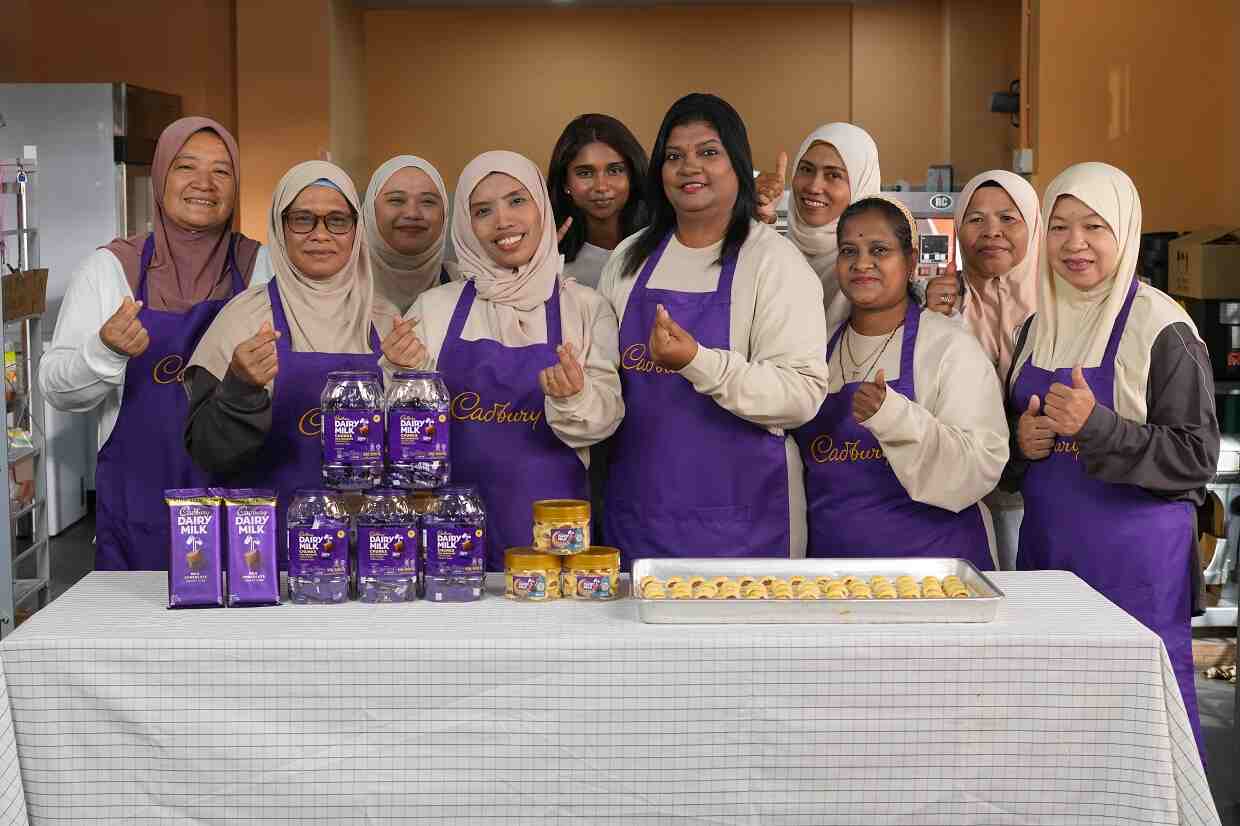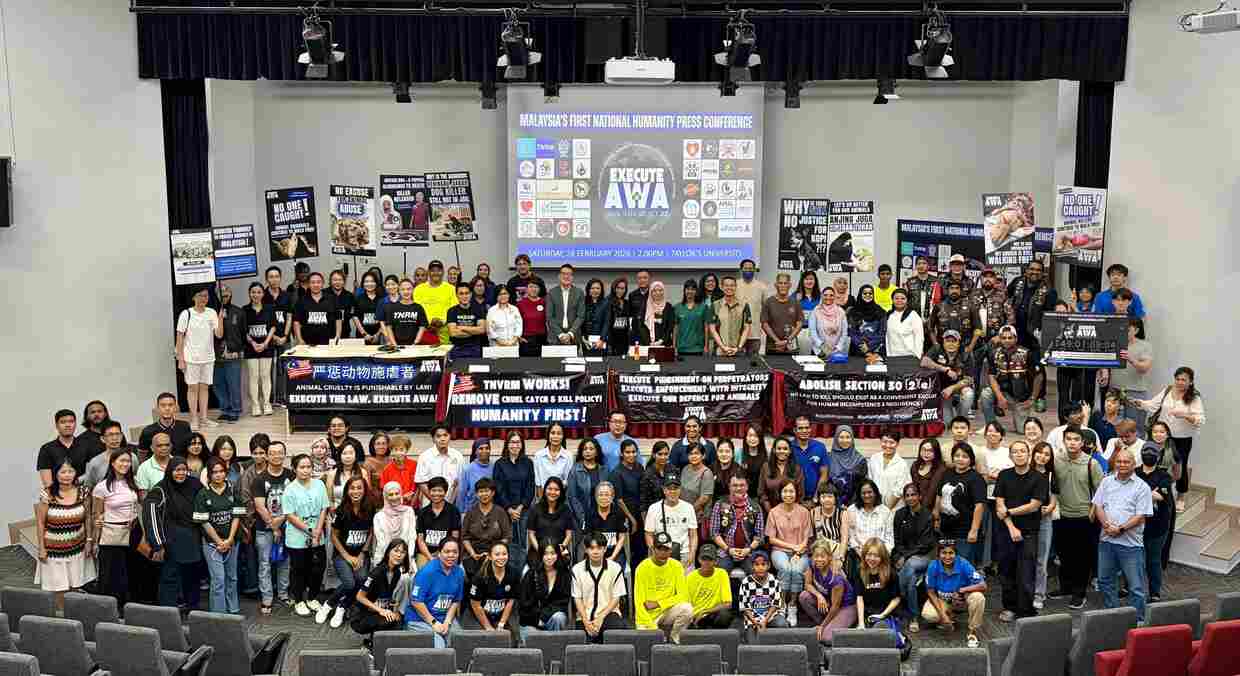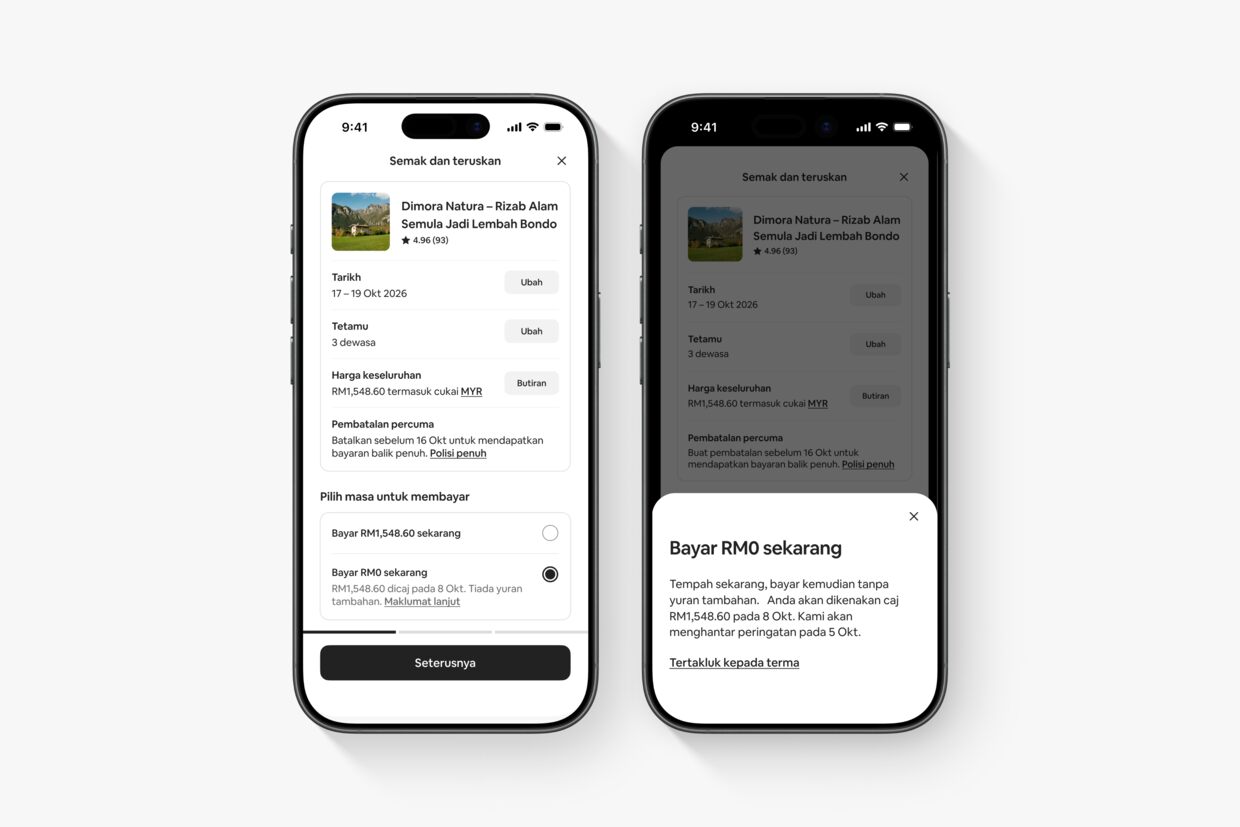
This year’s Budget 2025, themed Negara Makmur, Rakyat Sejahtera, underscores the growing importance of the digital economy in Malaysia’s future.
A key driver of this transformation is the gig economy, with sectors like food delivery and quick commerce creating new income opportunities.
Gig workers, the backbone of these industries, have become crucial in supporting businesses while providing flexibility for many Malaysians.
The government, recognising the importance of these workers, has introduced several initiatives in Budget 2025 to improve their livelihoods.
These programmes, including insurance coverage and upskilling opportunities, aim to safeguard and enhance the role of gig workers in Malaysia’s economy.
Budget 2025: Collaborative support for gig workers
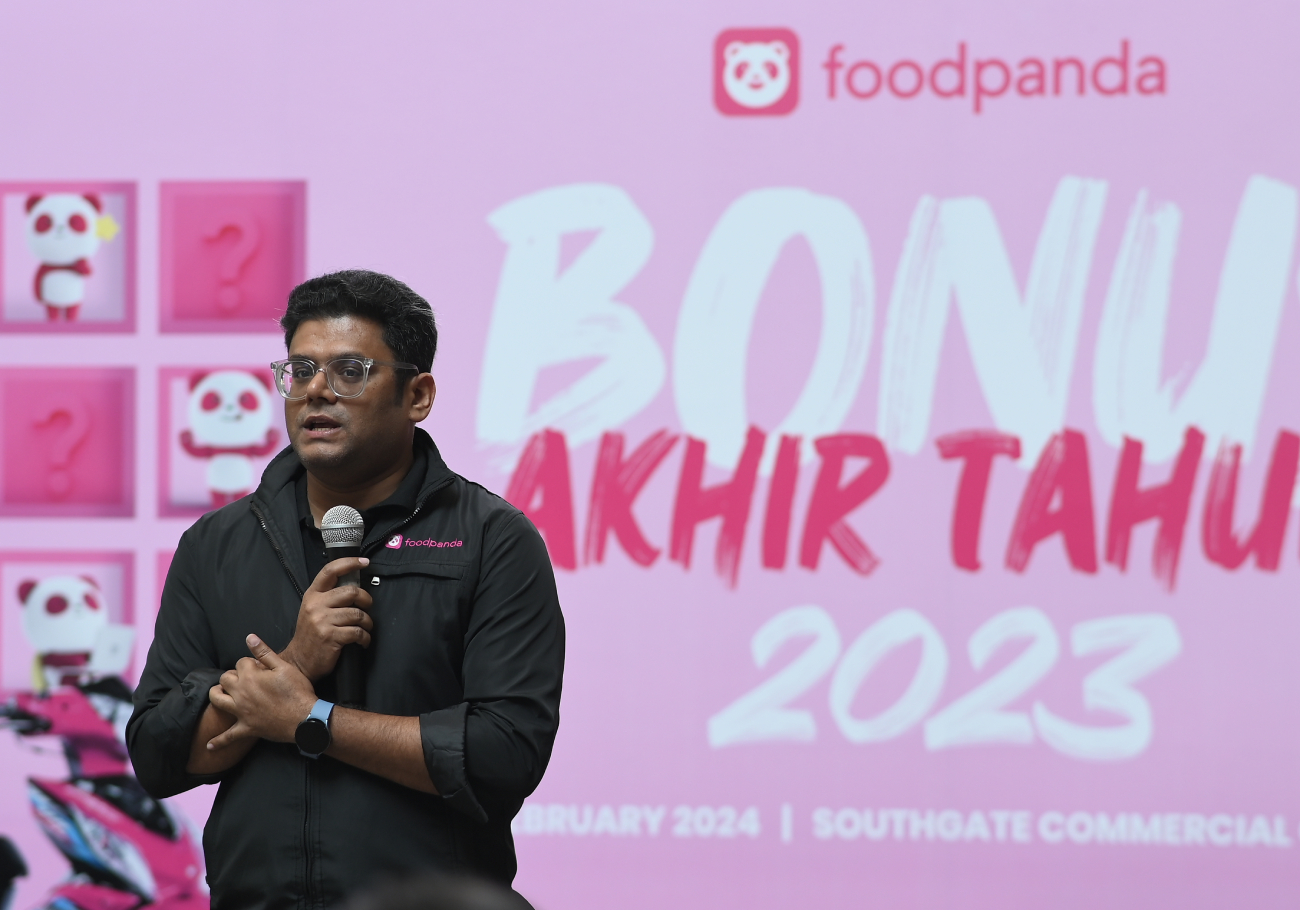
One of the significant features of Budget 2025 is its focus on supporting gig workers through various government programmes.
The Self-Employment Social Security Scheme (SESSS) under PERKESO is one such initiative.
It provides insurance coverage, offering a vital safety net for gig workers who often operate without formal employment benefits.
The gig i-Saraan programme under the Employees Provident Fund (EPF) encourages gig workers to save for retirement, ensuring financial security in the long run.
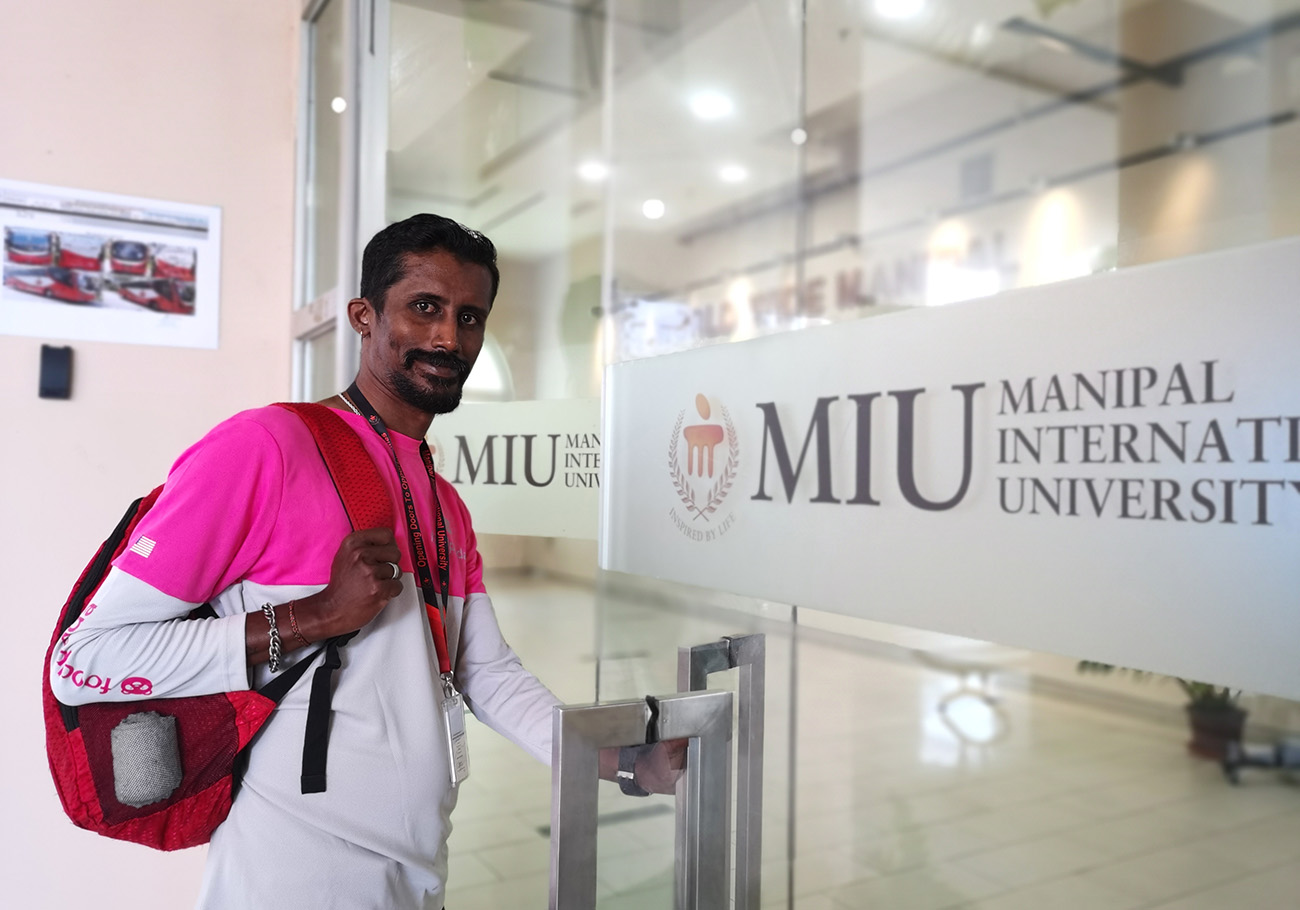
Additionally, upskilling opportunities are a critical part of the government’s strategy.
Programmes like MYFutureJobs and MDEC’s Global Online Workforce (GLOW) initiative focus on enhancing the skills of freelancers, making them more competitive in the digital economy.
Technical and vocational education and training (TVET) courses, offered by the Ministry of Education and Ministry of Youth and Sports, further equip gig workers to adapt to changing market demands.
By providing these avenues, Budget 2025 creates an environment where gig workers can thrive, benefitting both workers and the overall economy.
foodpanda’s Commitment to the Gig Economy
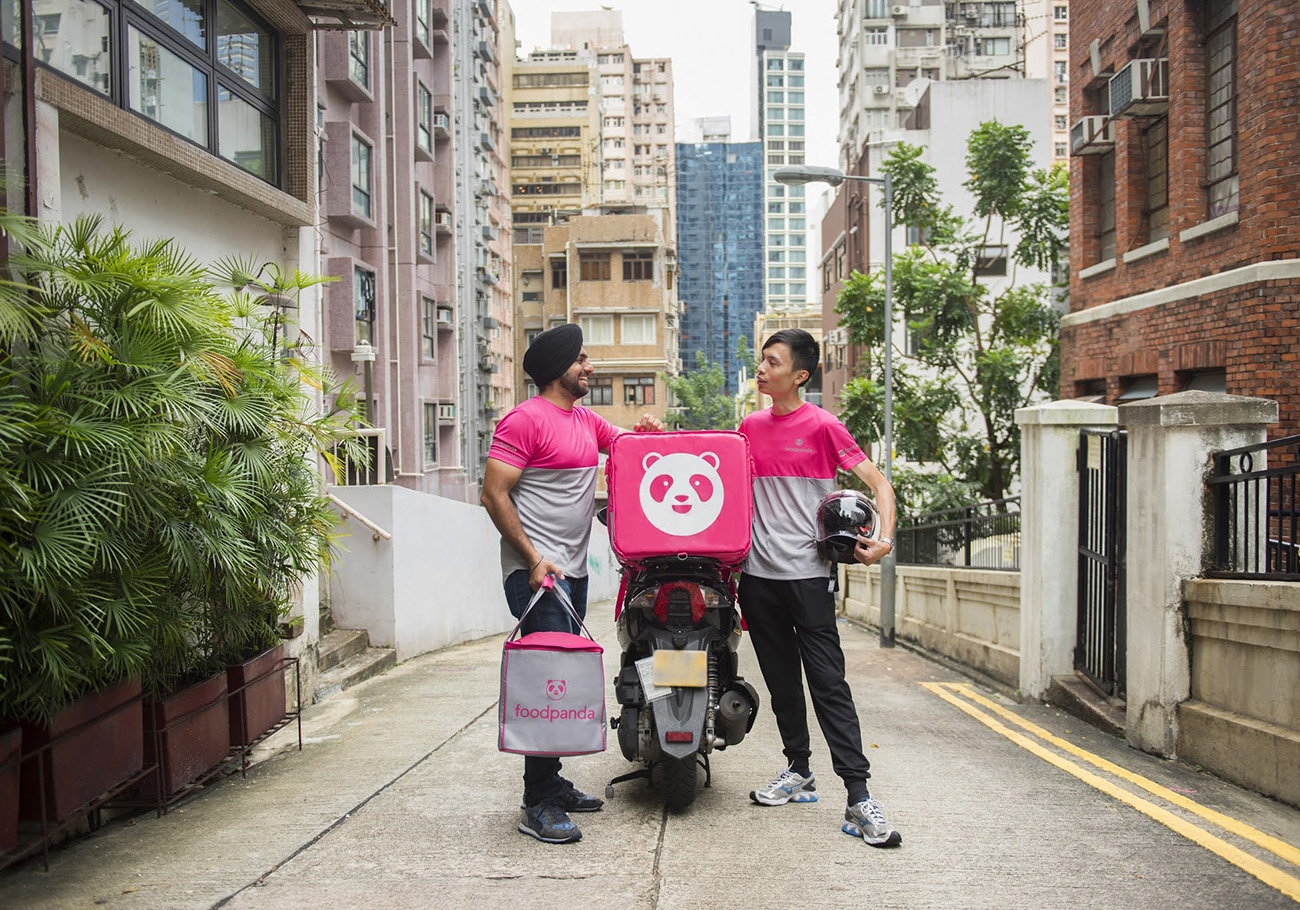
Companies like foodpanda have been integral to the success of the gig economy, particularly in Malaysia’s growing food delivery sector.
foodpanda’s panda hearts programme demonstrates the company’s commitment to the well-being and development of its delivery partners.
This initiative offers holistic support, focusing on financial literacy, personal development, and safety.
Through partnerships, such as the one with Manipal International University, delivery partners can pursue diploma courses while continuing their work.
These opportunities open doors to higher-skilled roles both within and beyond the gig economy.
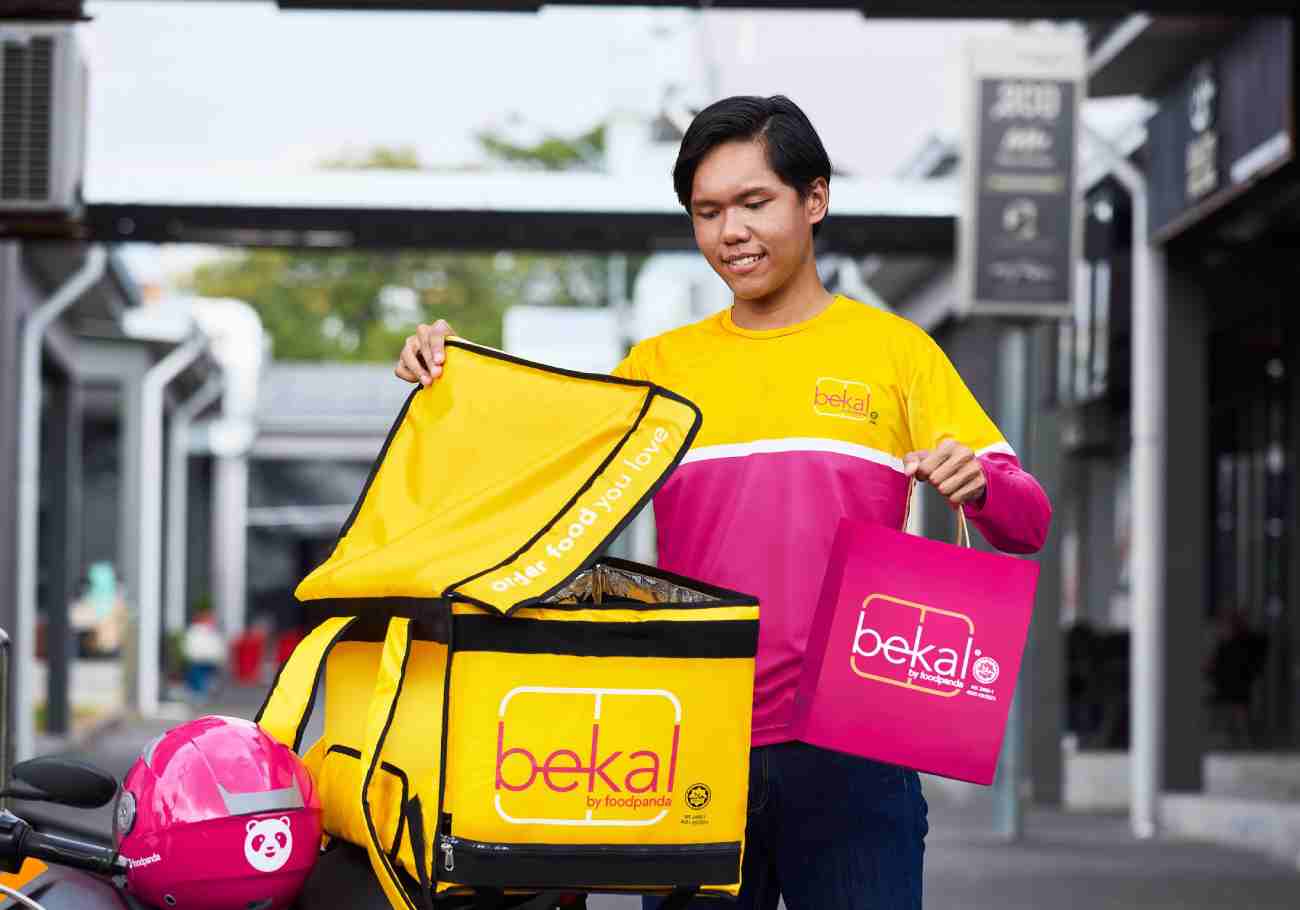
Additionally, foodpanda’s collaboration with SOLS Foundation has provided courses in personal finance and digital literacy, allowing delivery partners to enhance their earning potential.
Financial literacy is another crucial area where foodpanda is making strides.
The Go Giggers Financial Literacy Programme in partnership with AKPK and BSN, offers comprehensive financial education to over 5,000 delivery partners.
With topics covering budgeting, savings, and long-term financial stability, this initiative is designed to empower gig workers with the tools they need to make informed financial decisions.
Moreover, foodpanda provides insurance coverage for its delivery partners, encouraging them to register for government schemes like SOCSO and EPF.

This ensures that gig workers have access to healthcare, retirement savings, and accident protection, promoting financial security.
As Budget 2025 lays the groundwork for Malaysia’s continued growth, the focus on supporting gig workers will be critical in driving the digital economy forward.
Business-friendly policies and initiatives aimed at the halal economy, like foodpanda’s halal-certified services, will further enhance Malaysia’s status as a global halal hub.
By maintaining a focus on gig worker welfare and continuing government-backed initiatives, Budget 2025 creates opportunities for sustainable growth within the gig economy.
Malaysia is positioned to lead the way in creating a prosperous future where the digital economy and gig workers thrive together.
Shubham Saran is the Director of Operations for foodpanda Malaysia.






